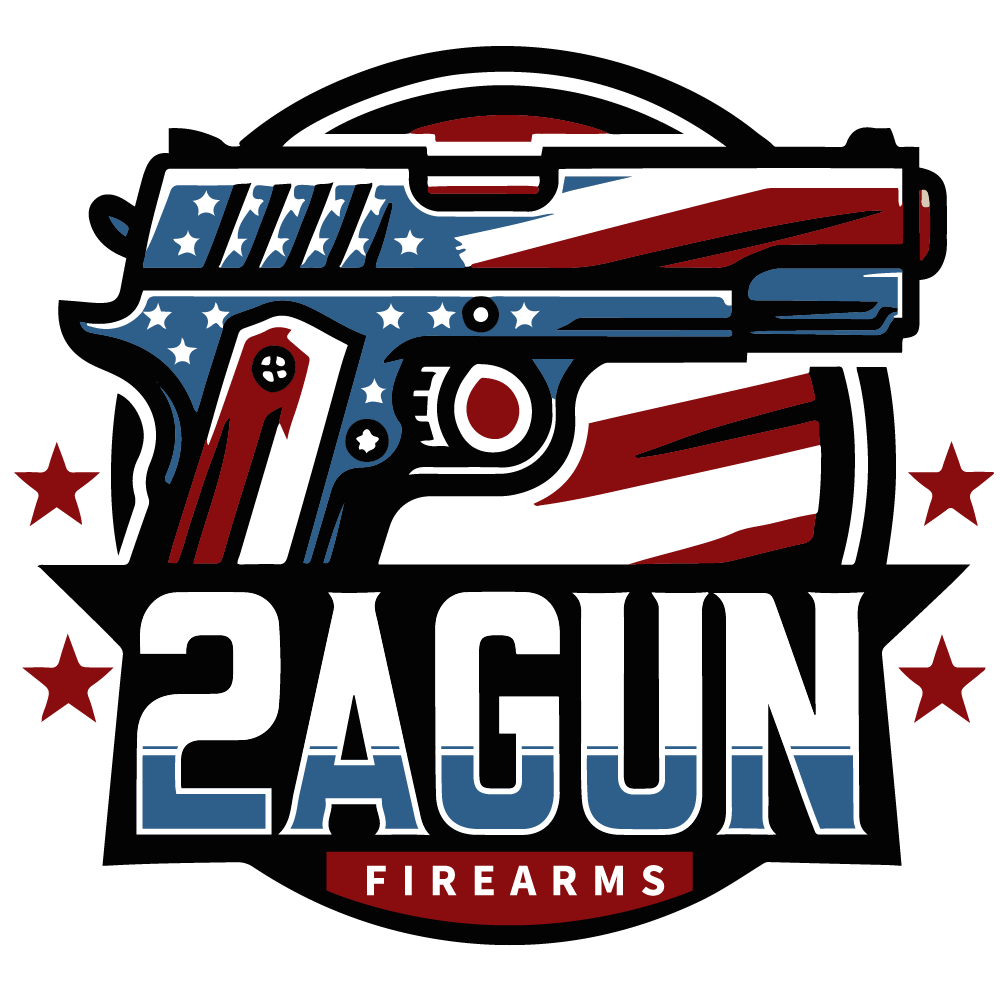Mastering Safety, Skills, and Maintenance for Responsible Firearm Ownership
Firearm ownership carries significant responsibility, from ensuring proper safety measures to maintaining performance through routine care. Whether you’re a new gun owner or a seasoned enthusiast, staying informed is critical to confidence and skill development.
Understanding Firearm Safety Basics
Safety is the cornerstone of responsible firearm ownership. Knowing and practicing key safety principles ensures a safe environment for you and those around you. Here are the foundational rules every gun owner should follow:
- Always treat every firearm as if it’s loaded, even when you believe it is not.
- Keep your muzzle pointed in a safe direction at all times.
- Know your target, what’s beyond it, and what’s around it.
- Keep your finger off the trigger until you’re ready to fire.
Understanding these rules and incorporating them into daily handling builds lifelong habits that promote safety.
Essential Skills for Firearm Proficiency
Developing proper firearm skills goes far beyond pulling a trigger. Comprehensive knowledge and hands-on practice ensure you’re prepared for a wide variety of scenarios. Start by mastering these critical areas:
- Grip and Stance: A solid grip and stable stance improve accuracy and reduce recoil impact.
- Sight Alignment: Learn to align your sights consistently and focus on the correct sighting plane.
- Trigger Control: Smooth trigger pulls prevent unnecessary barrel movement, increasing shot precision.
Regular visits to the range and hands-on drills will solidify your skills. Start slow, focusing on controlled accuracy before moving to more dynamic exercises for advanced training.
Comprehensive Firearm Maintenance
Proper care is vital to keeping your firearm in top condition. Routine cleaning and inspections not only prolong the life of your weapon but also ensure its reliability. Here’s a quick breakdown of essential maintenance steps:
- Disassembly: Consult your owner’s manual to safely disassemble your firearm. This allows better access to critical areas that require cleaning.
- Cleaning: Use a high-quality cleaning kit to remove residue from the barrel, slide, and all contact points. Pay particular attention to the chamber for optimal performance.
- Inspection: Look for signs of wear, such as rust, cracks, or unusual wear patterns, that might compromise functionality.
- Lubrication: Lightly coat all moving parts with firearm-specific oil to ensure smooth operation while minimizing friction.
Consistency is key. Create a regular maintenance schedule based on use, and always clean your firearm after every shooting session.
Practical Application: Scenario Training
Scenario-based training bridges the gap between knowledge and real-world application. Incorporate various drills designed to simulate potential situations you may encounter. Here are a few examples to try:
- Home Defense Drills: Practice navigating your home with a firearm while adhering to safety protocols.
- Target Acquisition: Combine accuracy drills with rapid target changes for enhanced adaptability.
- Stress Testing: Simulate high-pressure scenarios to improve decision-making under stress.
Remember to always prioritize safety and follow all legal guidelines when training, especially in group settings.
Combining Community and Resources
Joining local clubs and online communities can accelerate learning and provide valuable support. Engage with others to exchange tips, share experiences, and stay updated on industry trends. Many organizations also offer certified training programs and workshops for added convenience.
For more insights, visit our blog for expert advice and product reviews that enhance your firearm journey.
Final Thoughts
Becoming a responsible and skilled firearm owner requires dedication to safety, training, and maintenance. By committing to these principles, you empower yourself to handle firearms with confidence and purpose, ensuring a positive and safe experience for yourself and others.
Explore our full range of resources at 2AGun.com to further develop your knowledge and skills, because education is key to responsible firearm ownership.


